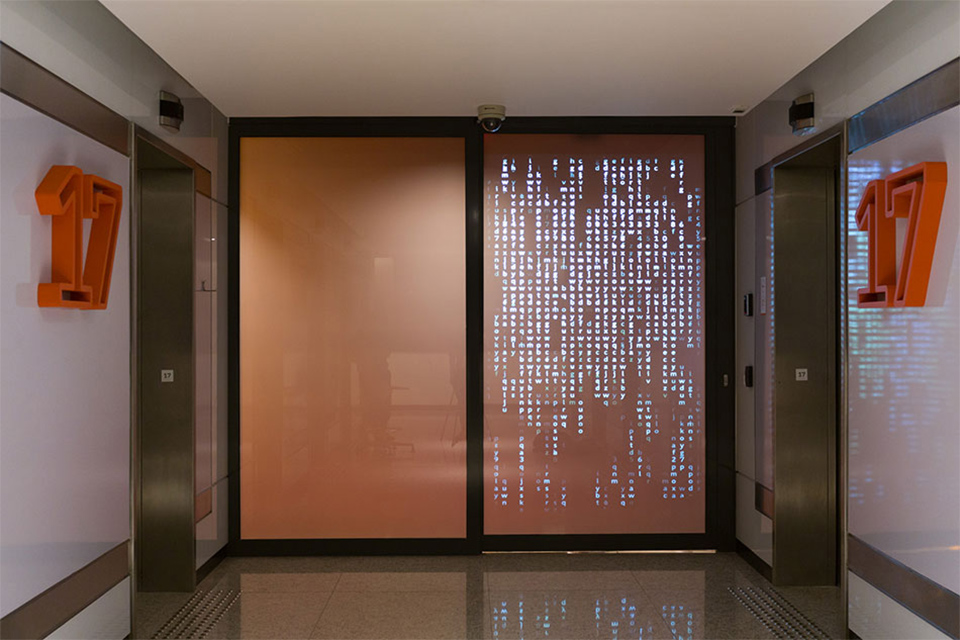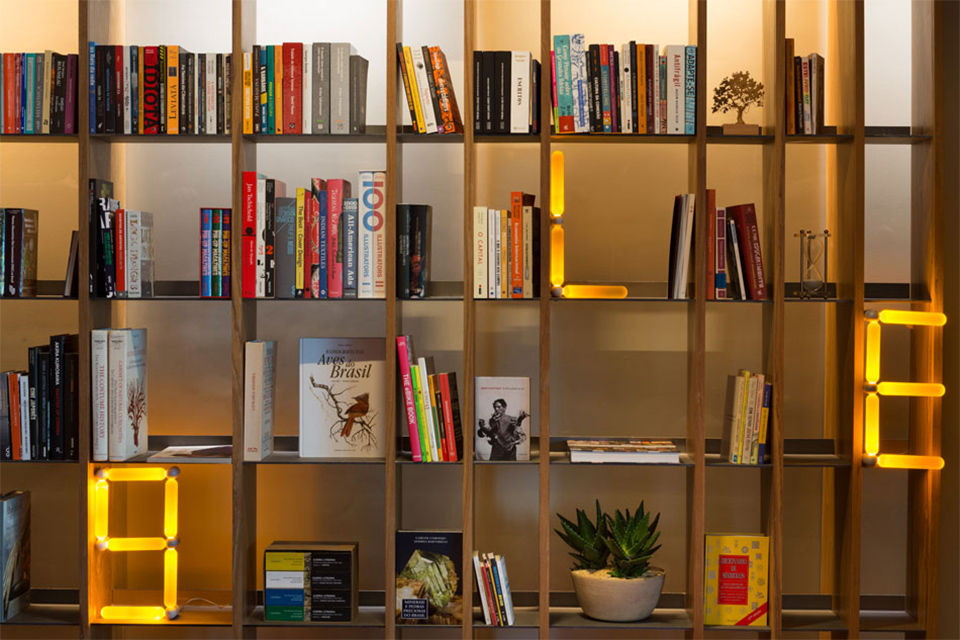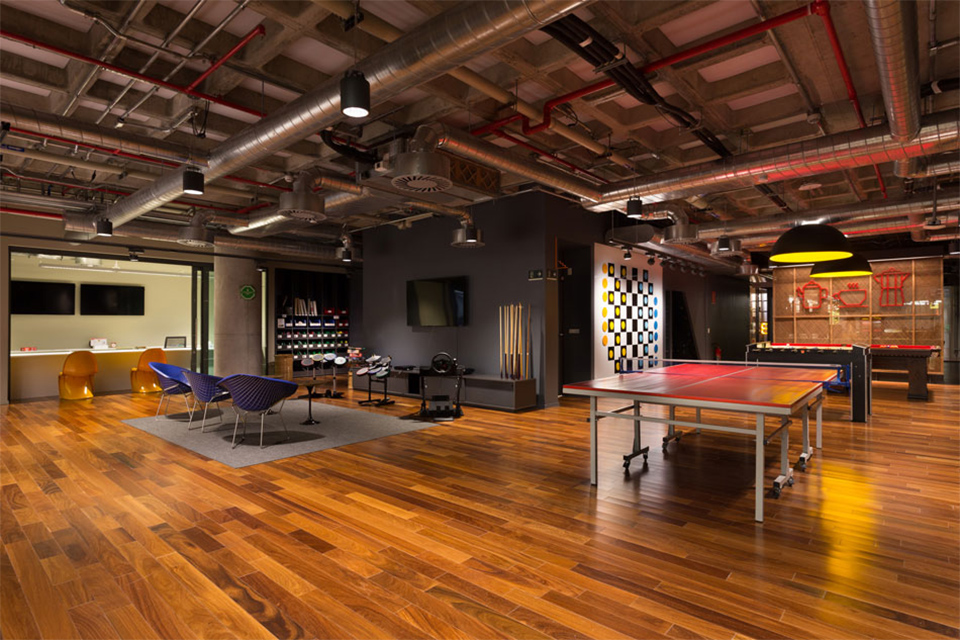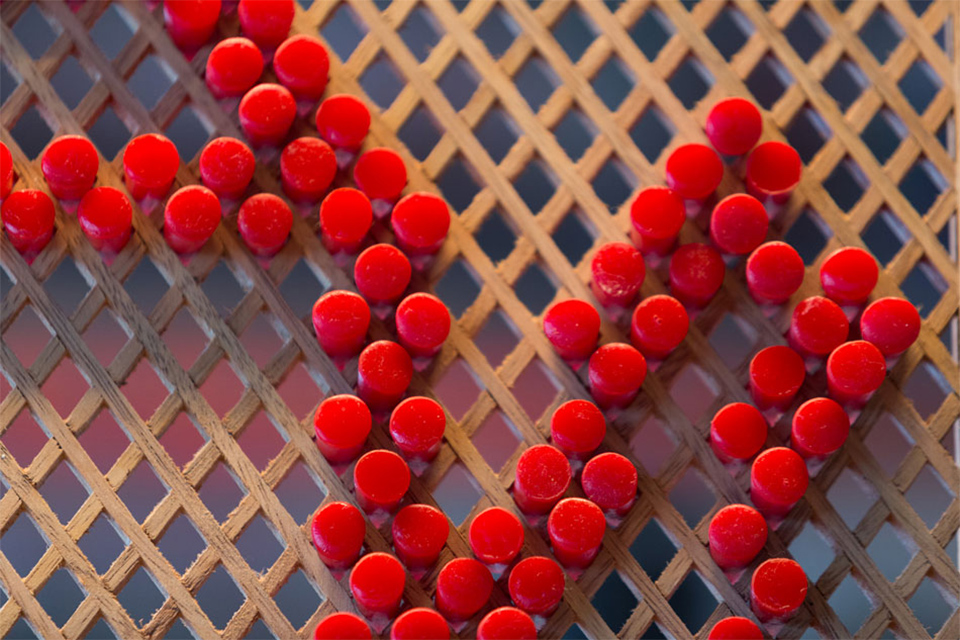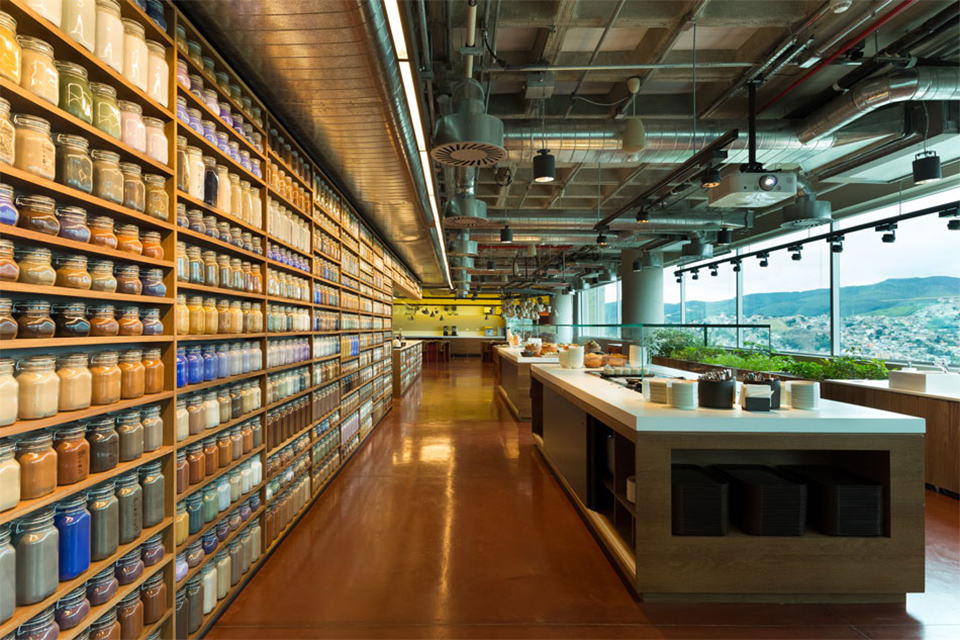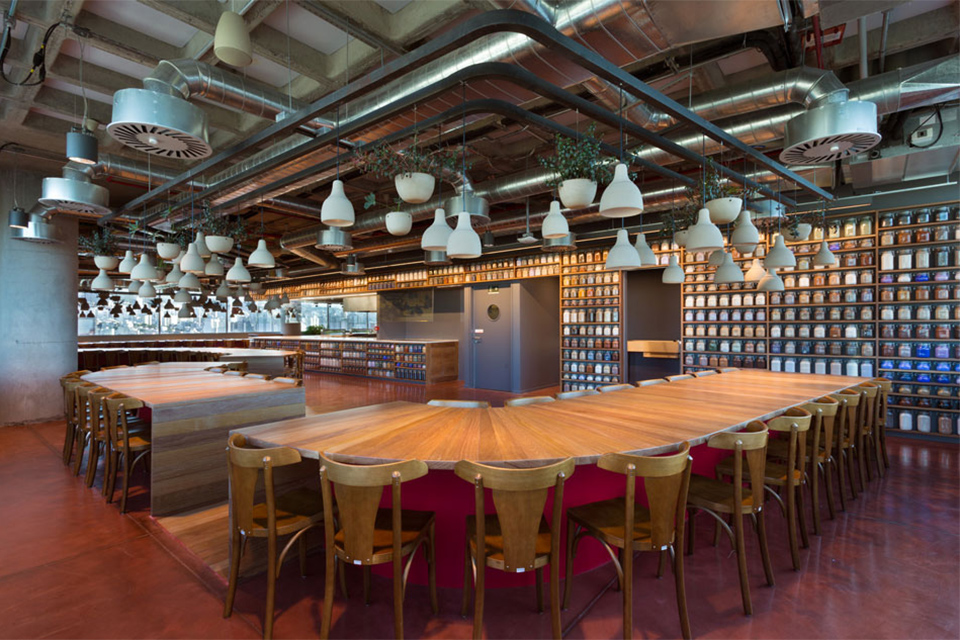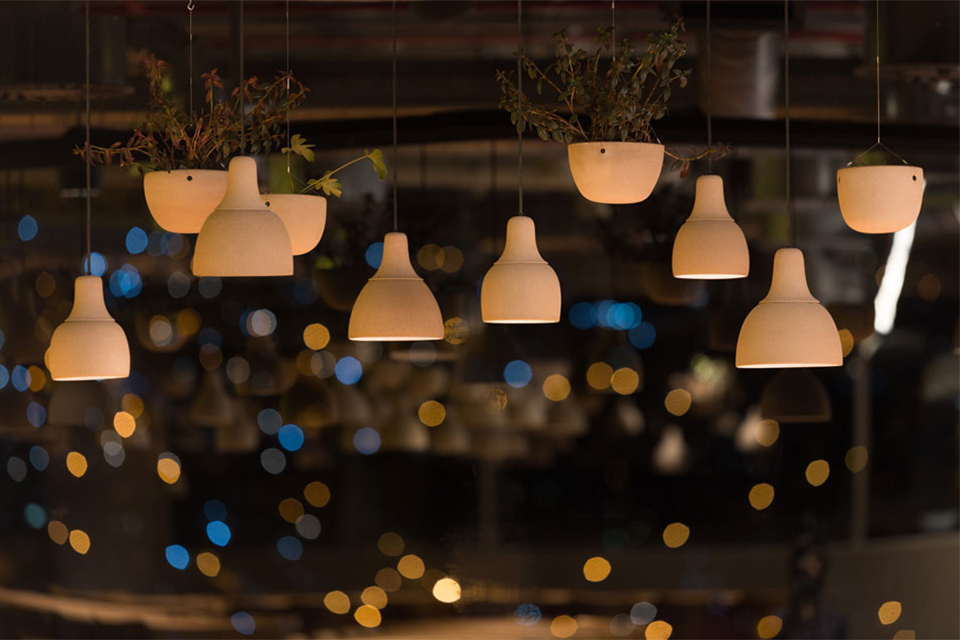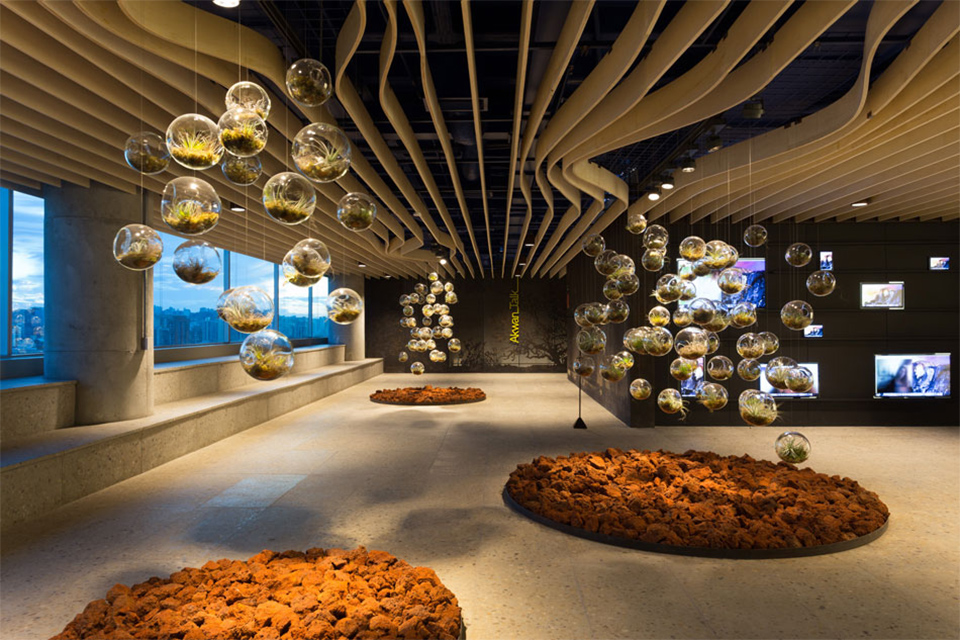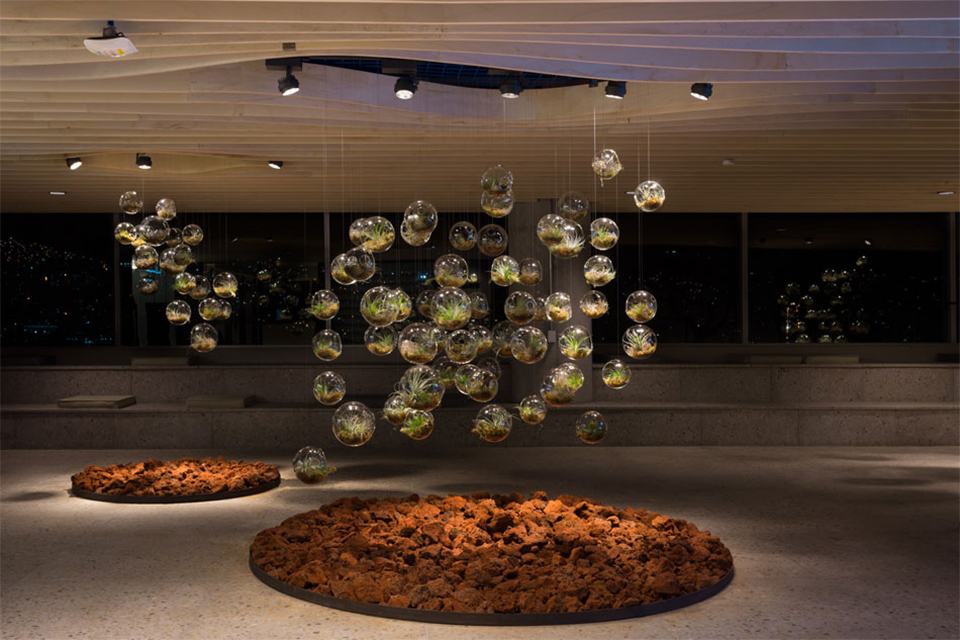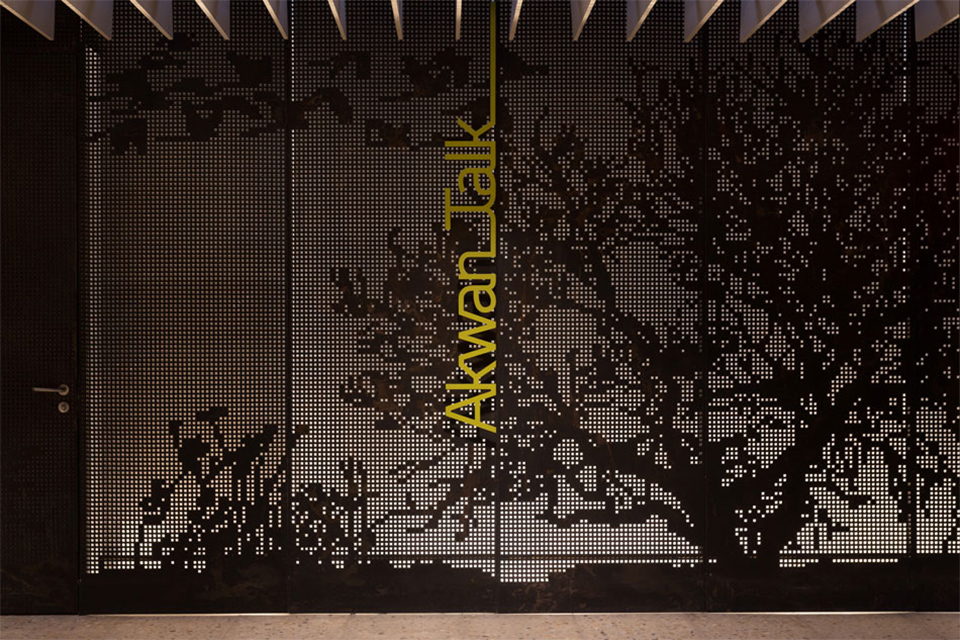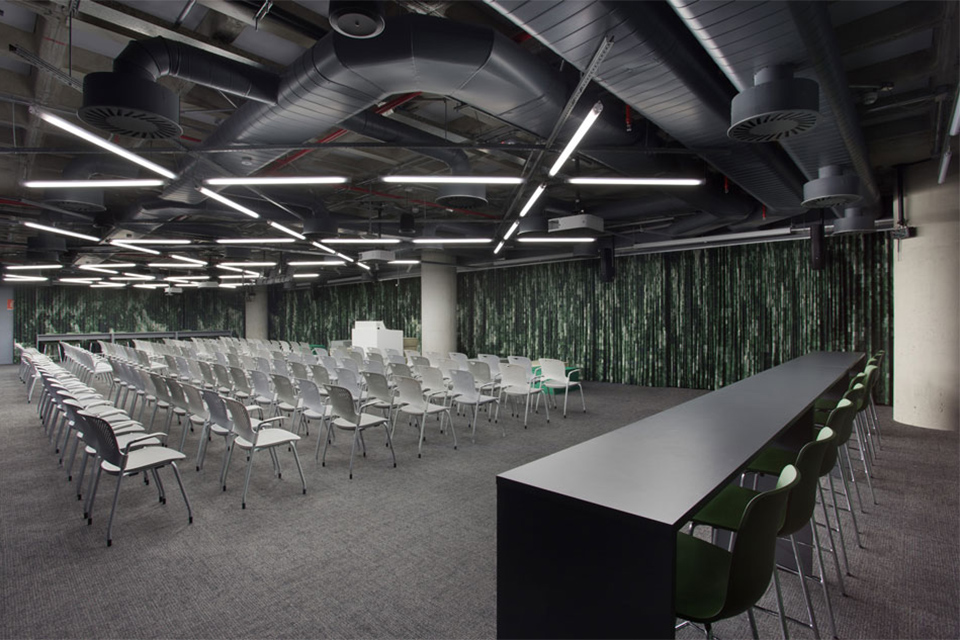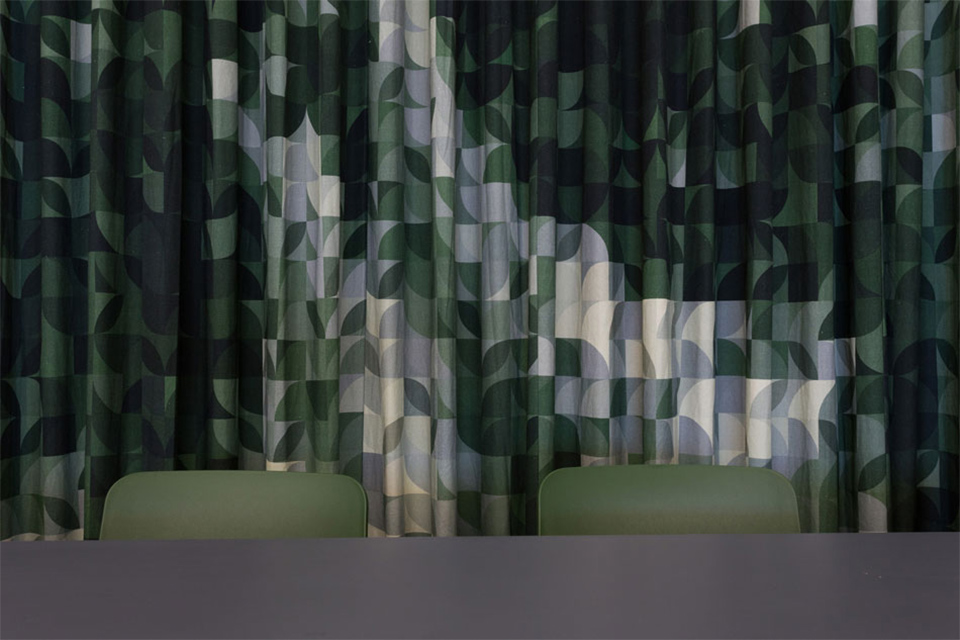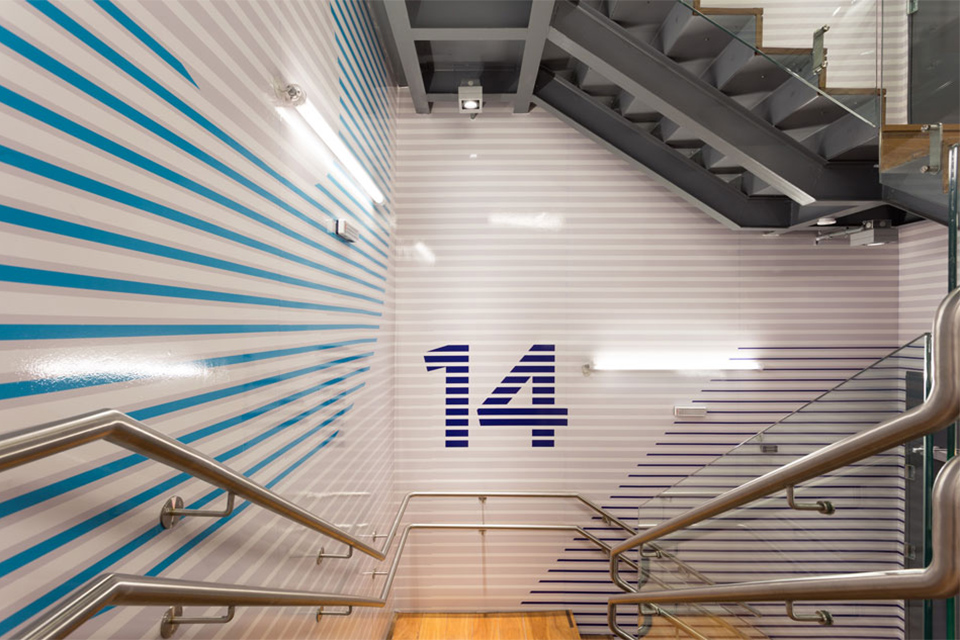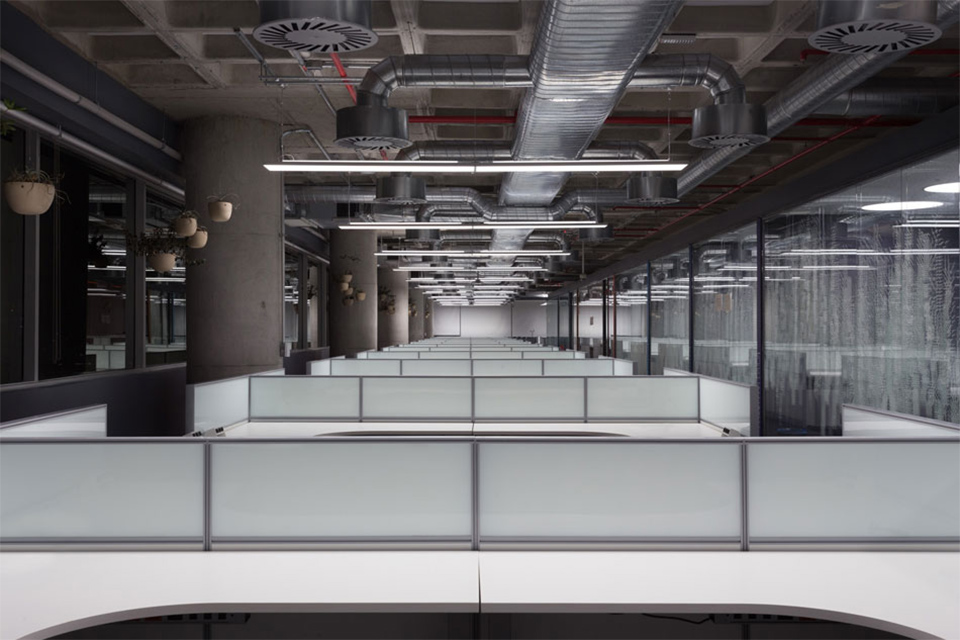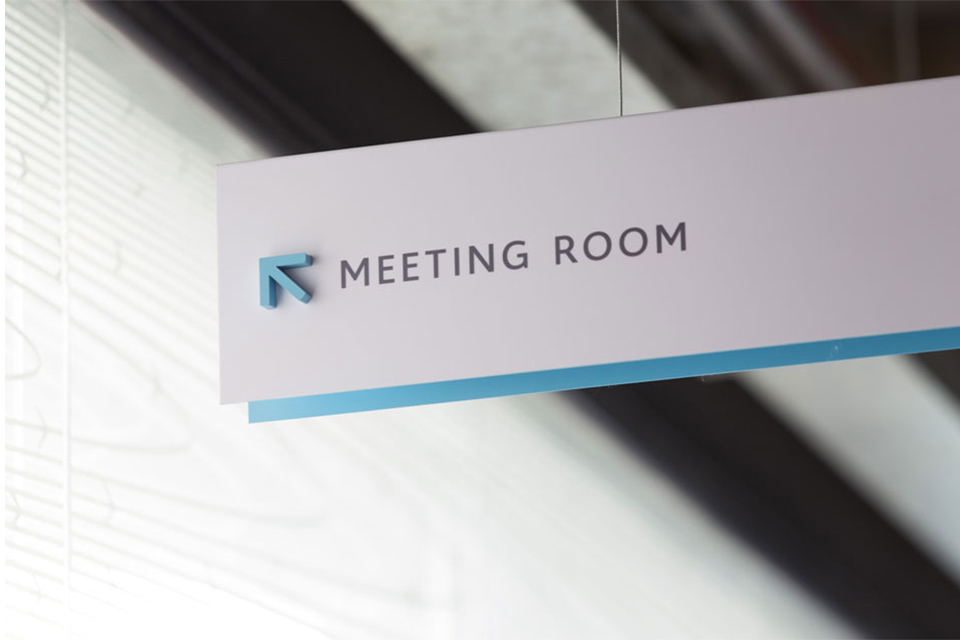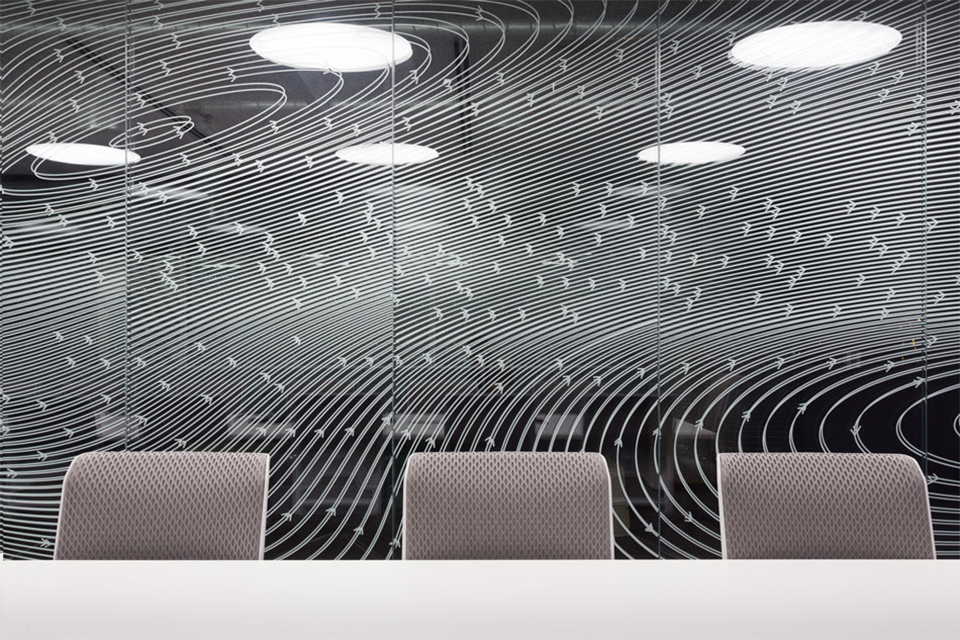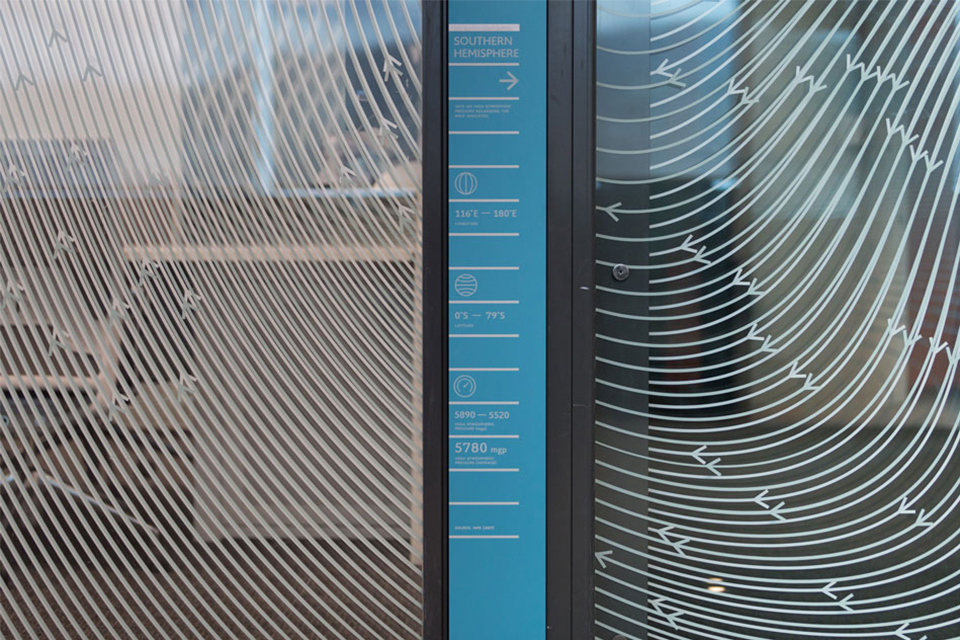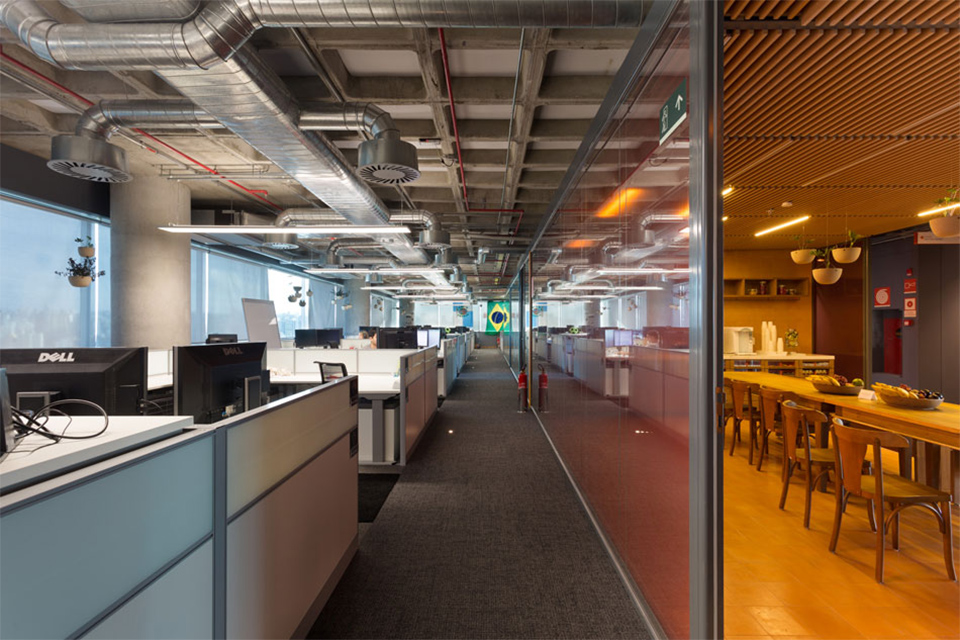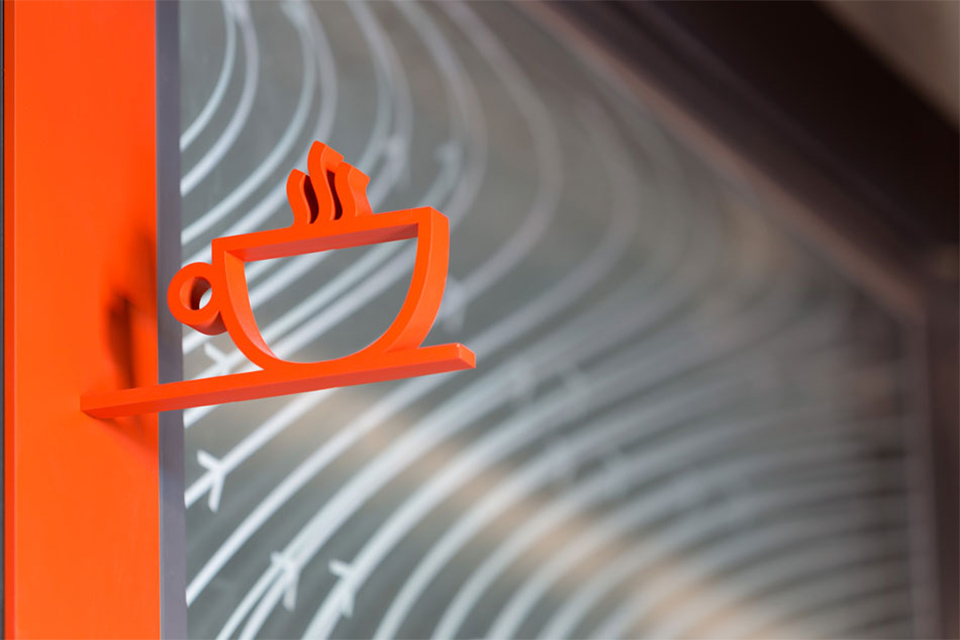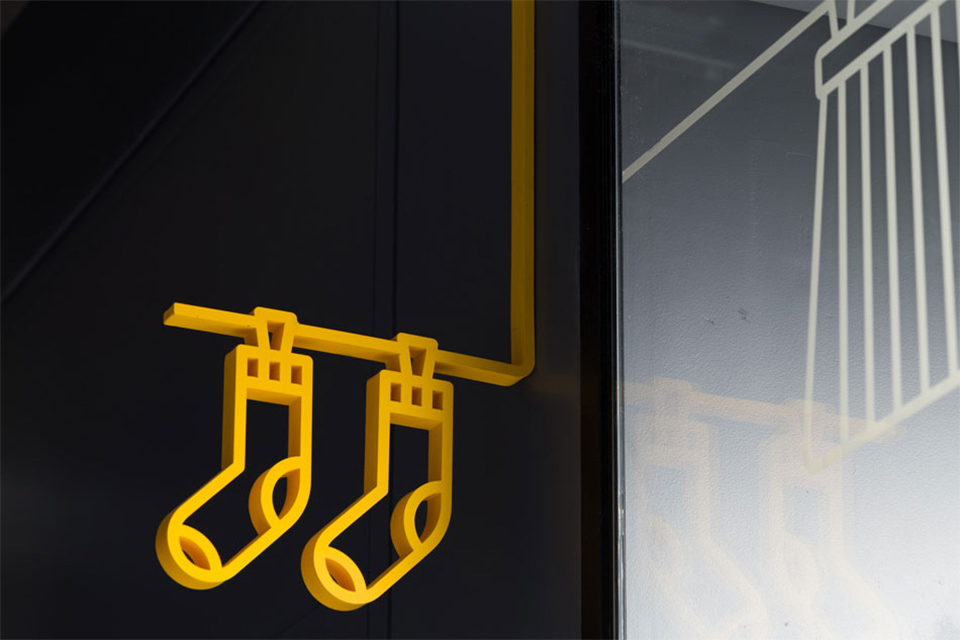Google Engineering Center










Most people ignore that much of the web’s intelligence has been built in Brazil, at Google’s Belo Horizonte Engineering Center, the only one in Latin America. The new office space has over 50,000 sqf across 4 floors of a mixed-use complex in the bohemian Santa Efigênia neighborhood. The challenge was to identify strong conceptual references that would link the global company to the young capital of the traditional Minas Gerais state. The interior design integrates graphics and lighting, exploring the tension between the local culture and the Google’s culture in a subtle and sophisticated approach.
Spaces / Environment: Contrary to conventional office design, “common areas” takes almost as much space as formal “work areas”. The leisure spaces can also be used as workspaces, so that both things are constantly interconnected. In the workspaces, the materials refer to the digital (or intangible) realm: glass transparency, privacy screens and sleek surfaces, in order to make the space as immersive as possible. In the community spaces, the materials refer to Minas Gerais’ culture and landscape: tactile materials, textures, earthy tones, latticework and meshes. The basis of the color palette and lighting solutions was chosen also reinforces the binary concept: shades of blue (“cool”) are predominant in work areas, while shades of red (“warm”) dominate the common areas.
Climatology / Parametric Design The graphic patterns on the glass surfaces of the meeting rooms were designed to meet both transparency and privacy requirements. Real climate data was collected to generate, through parametric design (in collaboration with SUBdV), a layer of blown up infographics with unexpected aesthetic outcomes. The data related to humidity / precipitation and winds is from Belo Horizonte, while the pressure data is global, generating different “clouds” effects on each floor.
Rupestrian + Technological Landscaping The landscape project involved biologist Luiz Gluck, who
works in a pioneering and complex technological process. The plants of the
“Cerrado” biome (rupestrian fields) are cloned and cultivated in vitro, with
the ability to indicate subtle variations of air quality. The reproduction of
the local species is also an innovative initiative in the social context,
involving hundreds of families previously dedicated to extractivism in the
hinterlands.
Café / Mineral Spices: The Café (restaurant) is a crucial space within Google’s culture, and the strong reference of Minas Gerais’ gastronomy was the starting point. Máximo Soalheiro, an important reference in Brazilian contemporary art, was invited to be responsible for the “Mineral Spce”instalation. Lined upon the Café’s shelves, the 2116 pots encompass the entire spectre of minerals found in Minas Gerais. Combined in different “recipes”, they result in 200 shades of an extraordinarily local and autoral color palette, assembled as a large periodic table containing the elements of the surrounding landscape.
